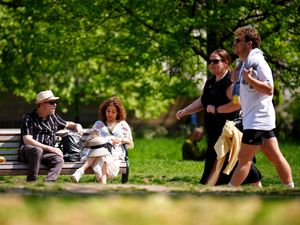British Summer Time: Why do the clocks go forward?
The UK has changed to Daylight Saving Time today. Here's why.

Coinciding with Mother’s Day and bringing an hour’s less sleep for hard-pressed parents, the arrival of British Summer Time may seem less welcome than normal this Sunday.
The subject of daylight saving, with a view to giving us lighter evenings, has long been one of controversy and debate.
Clocks always go forward one hour on the last Sunday in March – at 1am on March 31 this year.
Here we look at why we move the clocks forwards and backwards at the beginning and end of summer.
When was British Summer Time introduced?
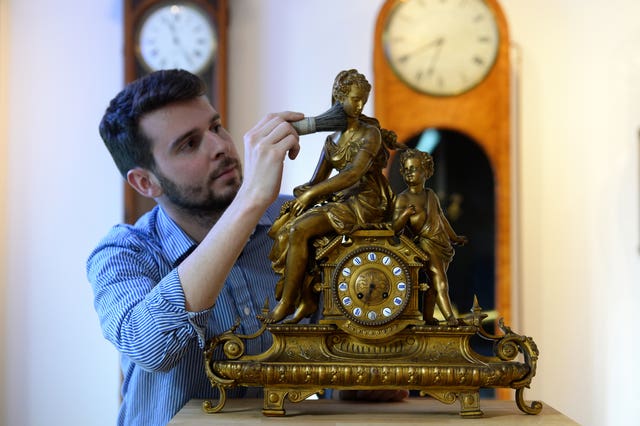
It started in 1916, during the depths of the First World War, a month after Germany brought in daylight saving measures to reduce its industrial demand for coal.
After the war, the move became permanent and since then the UK has changed its clocks to reflect the desire to have lighter evenings in the summer months for citizens to enjoy their leisure.
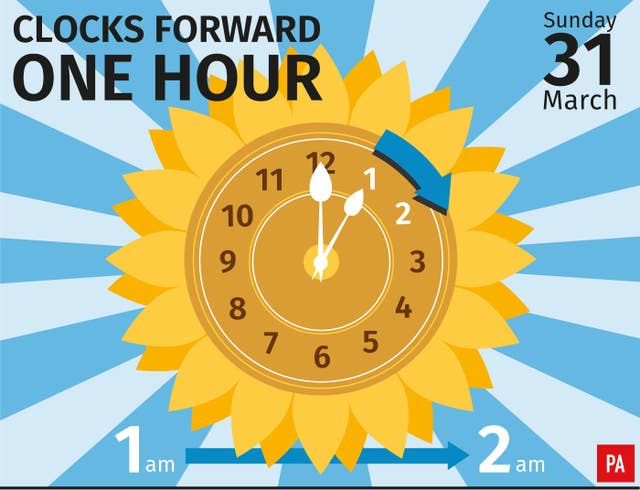
What are the arguments for Daylight Saving Time (DST) around the world?
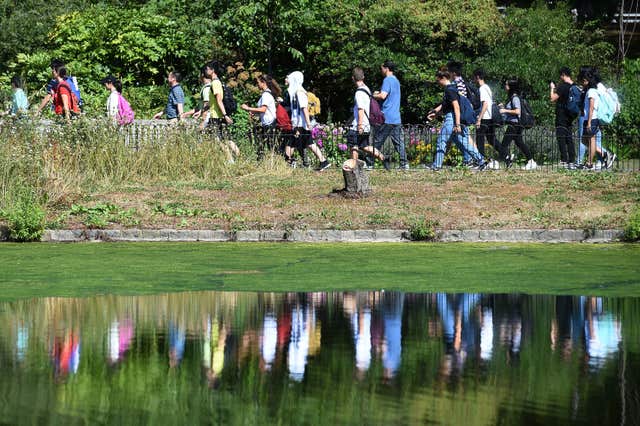
More time during the lighter, summer evenings allows people to play sports, get outside and enjoy the better weather after the typical working or school day is done.
Health experts suggest it is a strong weapon against childhood obesity as DST encourages youngsters to get outside in the fresh air and remain active into the evening.
More exposure to sunlight is also good for the mood of the nation as it helps fight depression.
Supporters of DST also say it saves energy consumption by reducing the need for lighting and heating into the evenings, although this is disputed.
The Royal Society for the Prevention of Accidents says the number of vulnerable people killed in road accidents spikes after the clocks go back in autumn.
It argues we should stick with BST year-round.
Why do some people argue against it?

Losing an hour’s sleep when the clocks go forward can cause health risks, studies have shown.
The number of heart attacks increases in the fortnight after the change, with a peak on the Monday morning immediately following the switch.
People can feel disorientated for some time after the hour change and it is argued this can lead to accidents in the home.
Many farmers, particularly in northern England and Scotland, are opposed to keeping BST through the year as they prefer to have lighter mornings to carry out their work.
If it was brought in permanently, children in higher latitudes would be going to school in the dark.
Some argue changing clocks twice a year is an unnecessary hassle.
What has the European Union proposed?
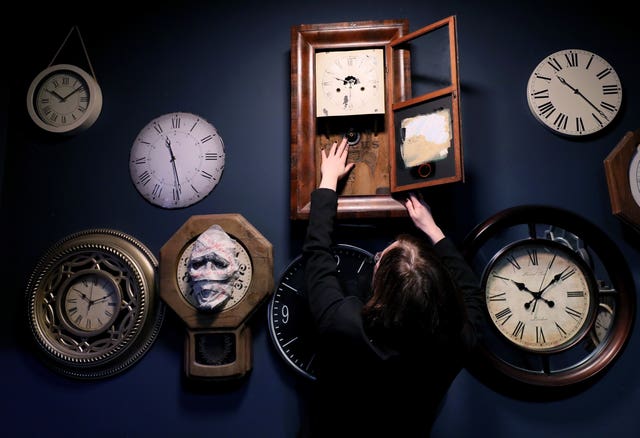
MEPs have voted to scrap the twice-yearly clock changes.
Should governments agree, EU states will decide whether to stay on permanent “winter time” or “summer time” from 2021.
This would apply to the UK during any Brexit transition period.
What happened when Parliament debated changing the system?
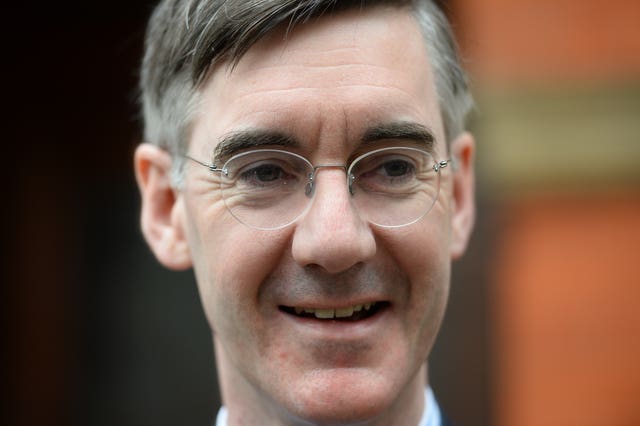
A Private Member’s Bill to put the clocks forward an hour was talked out by opponents in 2012 and did not come into law.
Jacob Rees-Mogg, Tory MP for North East Somerset, proposed giving Somerset its own timezone, 15 minutes behind the rest of the country.
It was his way of highlighting deficiencies he saw in the proposed bill.



